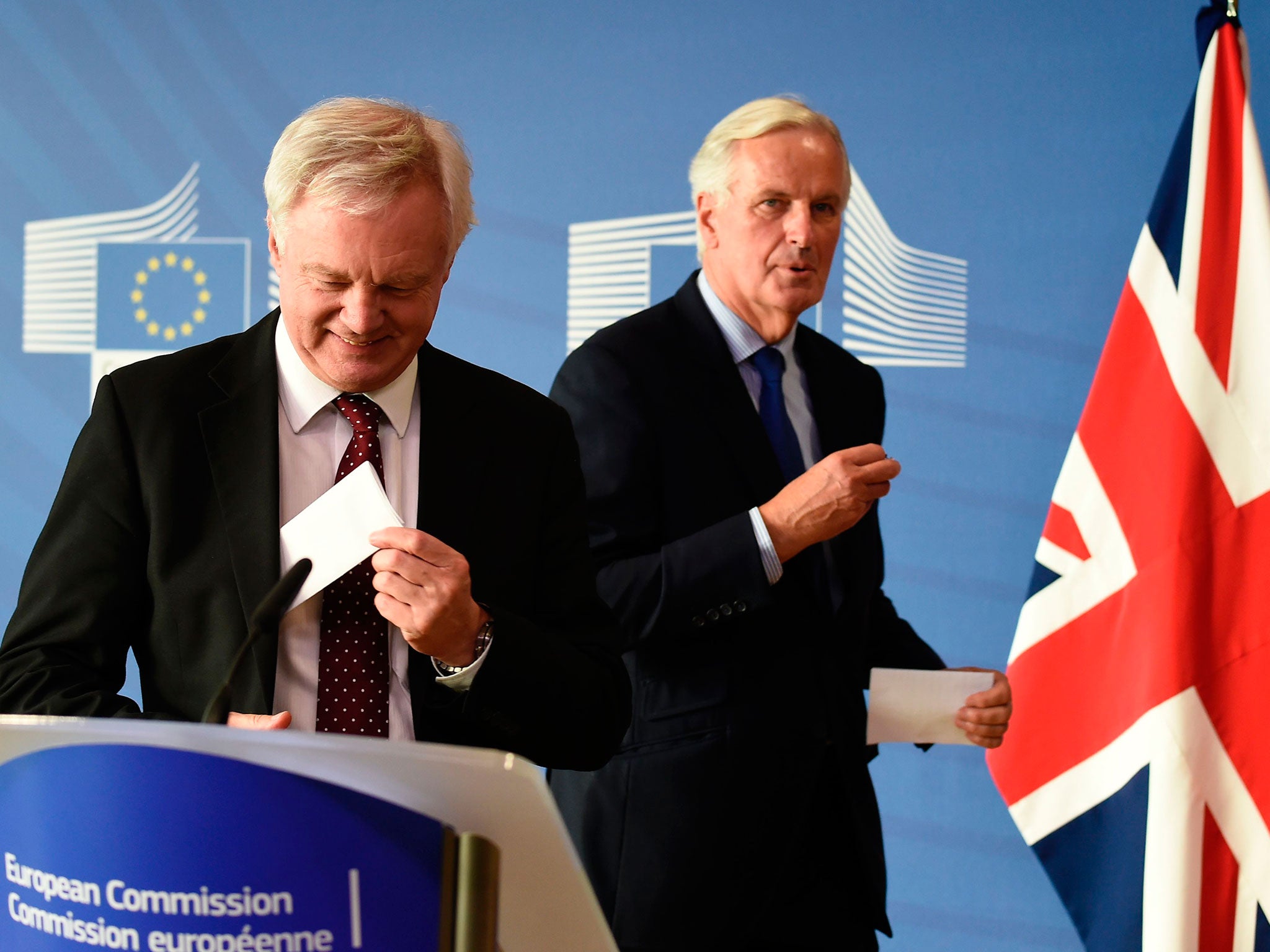As the leader of the Irish Labour Party, I'm sick of being ignored while Brexit threatens to destroy Ireland completely
The hard-won peace on the island of Ireland is anchored in our membership of the European Union. Theresa May and Boris Johnson have studiously avoided saying anything, but the time has come for real talk about where Ireland is headed

Your support helps us to tell the story
From reproductive rights to climate change to Big Tech, The Independent is on the ground when the story is developing. Whether it's investigating the financials of Elon Musk's pro-Trump PAC or producing our latest documentary, 'The A Word', which shines a light on the American women fighting for reproductive rights, we know how important it is to parse out the facts from the messaging.
At such a critical moment in US history, we need reporters on the ground. Your donation allows us to keep sending journalists to speak to both sides of the story.
The Independent is trusted by Americans across the entire political spectrum. And unlike many other quality news outlets, we choose not to lock Americans out of our reporting and analysis with paywalls. We believe quality journalism should be available to everyone, paid for by those who can afford it.
Your support makes all the difference.In the aftermath of the result of the Brexit referendum, we in Ireland were told two things. We were told that Brexit means Brexit. And we were told that there will be no going back to a hard border on the island of Ireland.
More than 12 months on, the exact meaning of phrases like these is far from clear.
Looking at the situation through the lens of simple common logic, if part of the island of Ireland is in a different customs union than the remainder of the island, the necessity for border checks seems inescapable.
Ireland does more than of €1bn (£877m) a week trade with the UK. Our Central Statistics Office tells us that last year alone saw 110 million border crossings between our countries. Some 375,000 Irish people now live in the UK. And 277,000 British people now live in the Republic of Ireland.
That this volume of trade, travel and human interaction could be interrupted by border checks stretching along the border from Carlingford Lough to Lough Foyle is not only unthinkable, but for most Irish people unacceptable.
The hard-won peace on the island of Ireland is anchored in our membership of the European Union. Our common European citizenship has allowed a blurring of the stridency of British or Irish identity. The contrast between unionism and nationalism has been somewhat lessened by a shared European identity. Unfortunately, Brexit risks once more driving those two sides further and further apart.
Next year will mark the 20th anniversary of the Good Friday Agreement, and we simply cannot allow Brexit to undermine the progress that has been made since then. Putting that progress into reverse would be a serious blow to the achievements of so many people over the past two decades.
So we are told there will be no hard border; no return to the past. But nobody has spelled out in clear terms how this is to be achieved.
Boris Johnson writes more than 4,000 words on the Brexit he wants, without so much as a glancing reference to Ireland. Theresa May’s Florence speech lengthened the timeline for hard decisions. But those decisions will still need to be made.
From an Irish – and indeed a European – perspective, the ball is in the UK’s court. The British people exercised their sovereign right to withdraw from the European Union. I will continue to argue that they should get to have their say once more when negotiations come to an end, but that view has not yet gained much currency among British politicians. Separately, the TSSA campaign for continuing freedom of movement deserves greater support.
Regardless, since the British people voted for Brexit, the first responsibility to explain how this is to be achieved must fall to their Government. We have heard much talk of creative and imaginative solutions. Let them now be set out.
What specifically will the landscape of the island of Ireland look like post-Brexit? How specifically are we to vindicate the European citizenship of Irish passport-holders who reside in Northern Ireland? The time for generalist talk has passed. As Michel Barnier reminded us, the clock is ticking. On our side of the Irish Sea, we’re watching it count down with growing unease.
The recent shift in position by the UK Labour Party was a welcome one. Remaining in the single market and the customs unions during a transition period will mitigate risks to Ireland during that period. That Theresa May has mirrored the Labour position is some progress.
But it is nowhere near enough. As close neighbours, we have spent 40 years developing our relationship, and freeing ourselves from the prison of our shared past. It has been painstaking and difficult. The Brexit decision, while taken in the UK, has an impact way beyond your shores.
The economic consequences for us of a decision to leave the customs union and the single market – a mandate never sought by the Brexiteers – could be mutually economically devastating. Worse still, it risks destabilising a peace process that ended the Troubles which cost 3,000 lives.
That would be a tragedy.
Brendan Howlin is the leader of the Irish Labour Party
Join our commenting forum
Join thought-provoking conversations, follow other Independent readers and see their replies
Comments